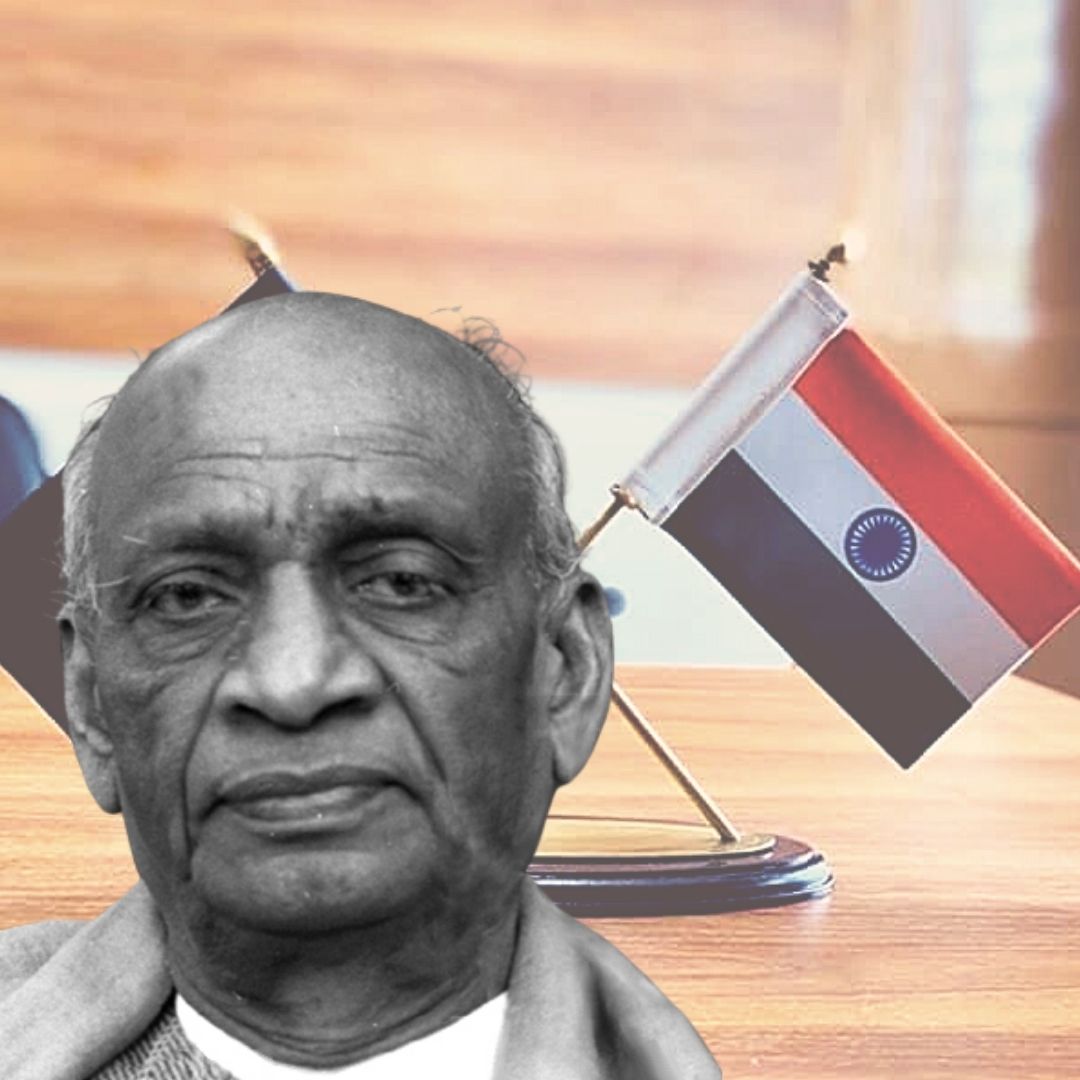
Image Credits: Wikimedia, Facebook/IAS Association
'Steel Frame Of India': How Sardar Patel Transformed The Indian Administrative Services?
Writer: Akanksha Saxena
I am a budding journalist who loves to write stories that have the ability to connect with people.
India, 21 April 2022 6:48 AM GMT
Editor : Shiva Chaudhary |
A post-graduate in Journalism and Mass Communication with relevant skills, specialising in content editing & writing. I believe in the precise dissemination of information based on facts to the public.
Creatives : Akanksha Saxena
I am a budding journalist who loves to write stories that have the ability to connect with people.
Known as the 'Patron Saint' of IAS, Vallabhbhai Patel played an integral role in transforming the predominantly British civil services into an Indian one and giving rise to able administrators running the country.
The Indian government, on April 21, celebrates 'Civil Services Day' to commemorate the ones dedicating their lives to working for the country in the administrative sector. Each year, the day is celebrated by giving awards to various districts and units in India for effortlessly implementing multiple developmental programmes. They are called The Prime Minister's Awards for Excellence In Public Administration.
Civil Services Day has a special place in Indian History. On this day, Sardar Vallabhbhai Patel addressed the first batch under the newly-integrated Indian Administrative Services in 1947. Known as India's 'Iron Man', Patel was also referred to as the 'Father of Indian Civil Services' and 'Patron Saint' of IAS as he transformed the predominantly-British civil services.
Established By The Britishers
The Indian Civil Services (ICS) were initially known as the 'Imperial Civil Services.' It was established by the British rule in India to overlook the governmental activities in the 250 districts under its control. It mainly comprised of the British people known as 'civilians'. There was an abysmal amount of Indians in the services. While they were allowed to appear for the Civil Service examinations, they were not allowed to take up the higher-ranking positions.
Two years before the independence, in 1945, Sardar Vallabhbhai Patel asked the Congress Chief Ministers to adopt a resolution that authorised the creation of the Indian Administrative Services (IAS) and Indian Police Services (IPS) that would succeed the erstwhile ICS. One of the many reasons behind this was to shake off the British legacy that came with the civil services. According to him, a civil servant is a public servant who is not bound to any political party or leader and is autonomous and works independently.
'Steel Frame Of India'
Once the British left India, the most vital need of the hour was capable administrators. For this reason, Sardar Patel started to search for able leaders who could form the framework of Independent India's administrative services. Calling them the 'Steel Frame of India', he envisioned the civil servants as India's backbone who ensured good governance. Therefore, on April 21, 1947, he addressed the first batch at Metcalfe House in New Delhi. Even today, his contribution is remembered by the Indian bureaucracy.
Also Read: Hunger, Thirst & Curse Of Being 'Untouchable': What Made Ambedkar The Man Of His Principles
 All section
All section














